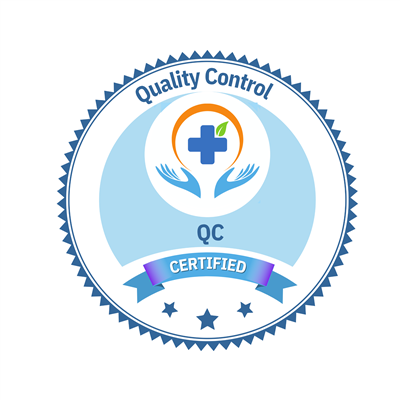Quality Control (QC)™ – Certification Overview
Certification Name: Quality Control (QC)™ – Pharmaceutical Sector
Offered By: GIPMC (Global Institute of Professional Management Certification)
Duration: 2–6 weeks (depending on course level: Basic, Intermediate, Advanced)
Mode of Delivery: Online / Offline / Blended
Eligibility: Professionals, graduates, or anyone seeking specialization in pharmaceutical quality control
Overview:
The Quality Control (QC)™ – Pharmaceutical Sector certification equips professionals with the knowledge and skills to monitor, test, and ensure the quality of pharmaceutical products. The program focuses on:
Good Manufacturing Practice (GMP, cGMP, WHO-GMP)
Good Laboratory Practice (GLP)
ISO Standards (ISO 9001, ISO 13485)
International Regulatory Compliance (US FDA, EMA, MHRA, TGA)
Analytical testing, process monitoring, and documentation practices
Benefits of Certification:
Demonstrate expertise in pharmaceutical quality control
Ensure safety, efficacy, and regulatory compliance in pharma manufacturing
Boost career growth in domestic and international pharmaceutical industries
Gain credibility and professional recognition in QA/QC roles
Ideal For:
Pharma professionals, QA/QC analysts, lab technicians
Graduates or postgraduates seeking specialization in pharma quality control
Organizations aiming to strengthen their quality assurance and compliance processes
E-Course Duration:

